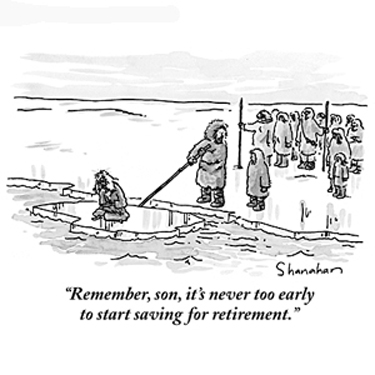Virus: Here come death panels
When we get down to the nitty-gritty, when there are more critical patients than there are beds or respirators, who do we let die?

Estimates from various sources say U.S. facilities will fall short, they will be unable to treat everyone. The U.S. Navy’s magnificent hospital ships, which have been deployed all over the world to relieve disasters, are steaming toward the East and West coasts of the U.S.
Italy is already grappling with the shortage dilemma, according to reporting in The Atlantic. “The principle they settle upon is utilitarian. ‘Informed by the principle of maximizing benefits for the largest number.’” What does that mean? “Patients with the highest chance of therapeutic success will retain access to intensive care.’” That means treatment will not go to the most sick, but to those with the best chance of recovery.
Those are the guidelines of the Italian College of Anesthesia, Analgesia, Resuscitation and Intensive Care.
“Those who are too old to have a high likelihood of recovery, or who have too low a number of ‘life-years’ left even if they should survive, would be left to die,” The Atlantic reports. This sounds cruel, but the alternative, the document argues, is no better.
“In case of a total saturation of resources, maintaining the criterion of ‘first come, first served’ would amount to a decision to exclude late-arriving patients from access to intensive care,” the report says.
All this brings to mind Sarah Palin’s prediction, under different circumstances, of “death panels.”
Death panels are here.
There is a term for this: QALY, or Quality Adjusted Life Years.
But is that fair, asks Charles Camosy, a Fordham University professor of bioethics I saw on Fox.
“We have to treat the young people because they have more QALY,” he said. This is not “what justice-centered people stand for. . . It is blatant discrimination against the old.”
There is disagreement about policy, but “it should be who can benefit from the treatment,” irrespective of age, he said.
In any event, “there will be wrenching decisions.”
This topic brings to mind the old Inuit custom of putting the elderly, who could no longer contribute to community welfare in a harsh environment, on an ice floe. The elderly grew up in that culture and when it was their turn to go all icicle, they did it without complaint.
In our “modern” civilization, should the elderly be rewarded for the contributions they have made to the nation, or should they be sacrificed to save the youth, who may bring unimagined innovation?
Just about any parent would sacrifice their life for their child. Should that impulse infuse official policy?
In Philadelphia, even with our abundance of hospitals, we may be short of needed capacity. Fortunately, we have Hahnemann Hospital standing empty, and the Pennsylvania Convention Center a few blocks away that could be pressed into service. We have the buildings, but will we have the beds, respirators and staff?
For many years we have been told the U.S. spends far too much to extend the life of the elderly, but that has been challenged by new research. I don’t know who is right.
I do know my living will prohibit extraordinary efforts, such as a ventilator, to extend my life.
I’d rather be put on an ice floe.



